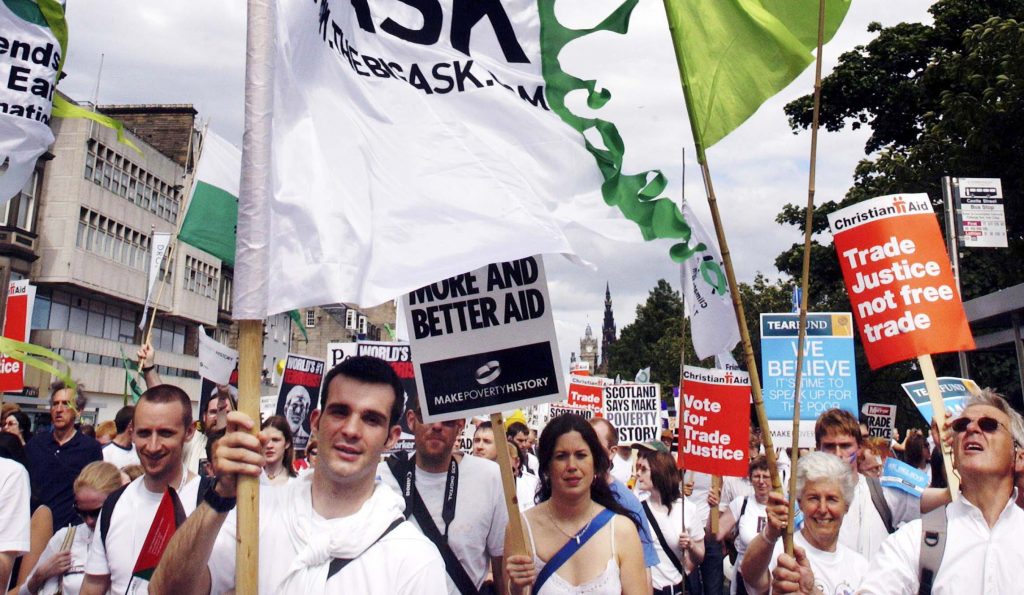Brussels, 23 January – In the run-up to the 6th round of negotiations between the EU and Central America which will take place in Brussels next week, European civil society networks Oxfam International, Aprodev, Friends of the Earth Europe, CIFCA, FIDH, Fian International, CIDSE, and Grupo Sur, yesterday reiterated a number of concerns about the negotiations in a letter directed to the Commissioner for External Relations, Benita Ferrero-Waldner, and the Commissioner for Trade, Catherine Asthon.
In their communication, the networks pointed to how the current global economic crisis reflects the consequences of state de-regulation in favour of private interests. “It is important to recognize this and the impact of the global crisis on Central America in the current negotiations“, said Jennifer Cornally from CIDSE.
They insisted that the EU must recognise the huge differences that exist between the two regions. “Discussions must be opened within the negotiations on mechanisms and formulas that would guarantee Special and Differentiated Treatment for Central America,” noted Erik van Mele from Oxfam International.
The networks also reminded the Commission that a Socio-environmental Impact Study is still not available to the negotiators. Annelie Andersson, from Aprodev pointed out that, “there is ambiguity between what the EU says in terms of wanting to promote sustainable development and the speed with which they want to finish the negotiations“.
They are also concerns about the absence of consultation mechanisms with civil society during the negotiations. According to Lizzette Robleto, from CIFCA, “it is vital that an inclusive and open bi-regional consultation mechanism be put in place and that a bi-regional Forum for Dialogue with civil society takes place before the negotiations come to an end”.
Souhayr Belhassen from FIDH said that “the Agreement must promote respect for human rights and ensure that transparent and participatory mechanisms for monitoring the application of human rights are put in place“. The networks also expressed their “puzzlement” at the refusal of El Salvador, Guatemala, and Nicaragua to ratify the Statutes of the International Penal Court.
Charly Poppe, from Friends of the Earth Europe, highlighted the importance of responsible and verifiable commitments in relation to the environment noting that, “the Agreement must not promote a model of development that leads to the depletion of the earth’s resources.”
The civil society organizations also warned the Commission that the end result of the negotiations must not be a mere Free Trade Agreement “that favours one side over the other“, highlighted by Lourdes Castro from Grupo Sur, but one which “guarantees sustainable human development, democracy, and human rights“.






